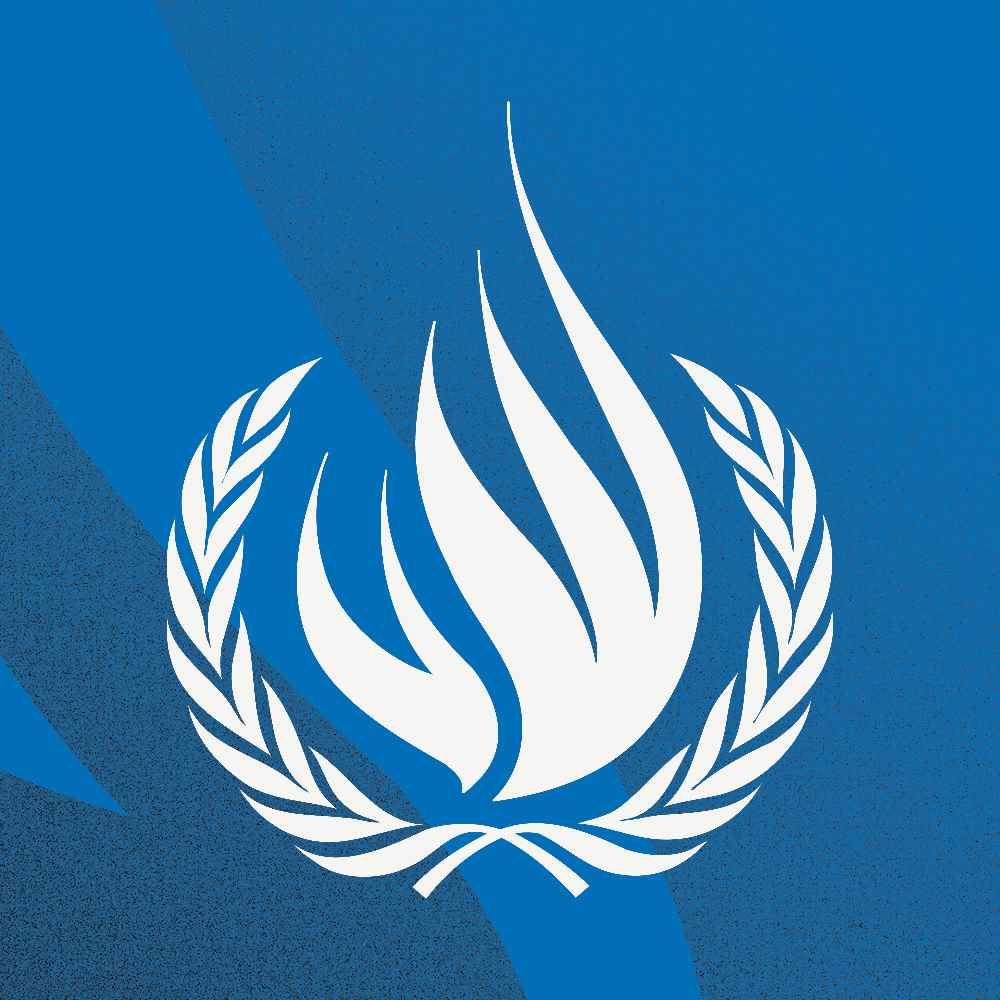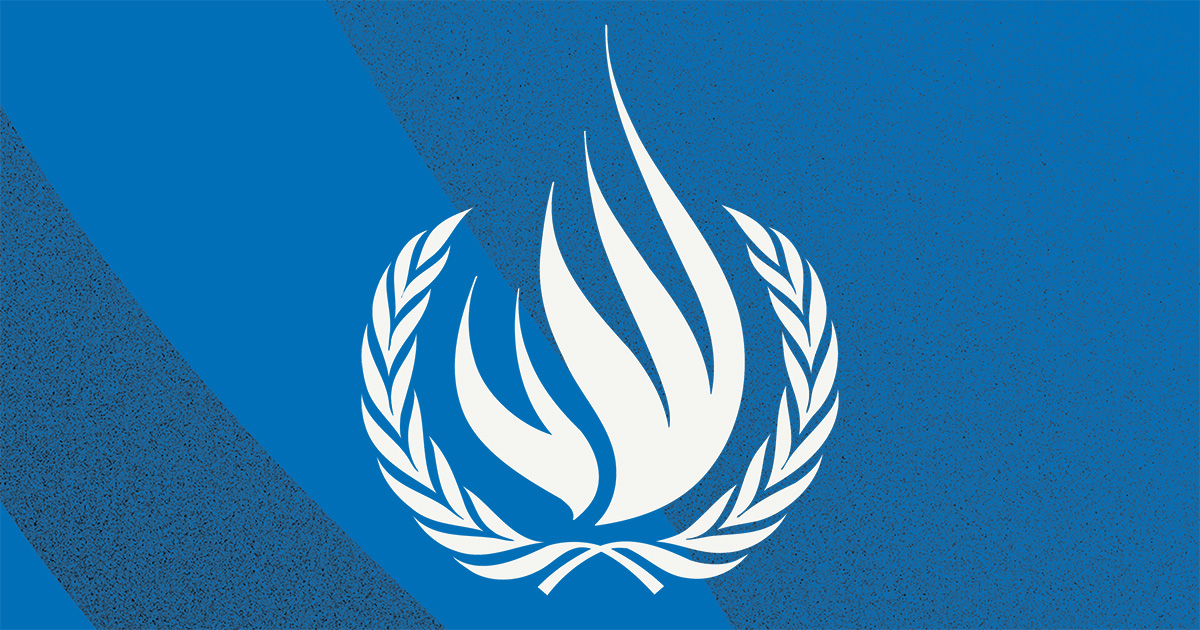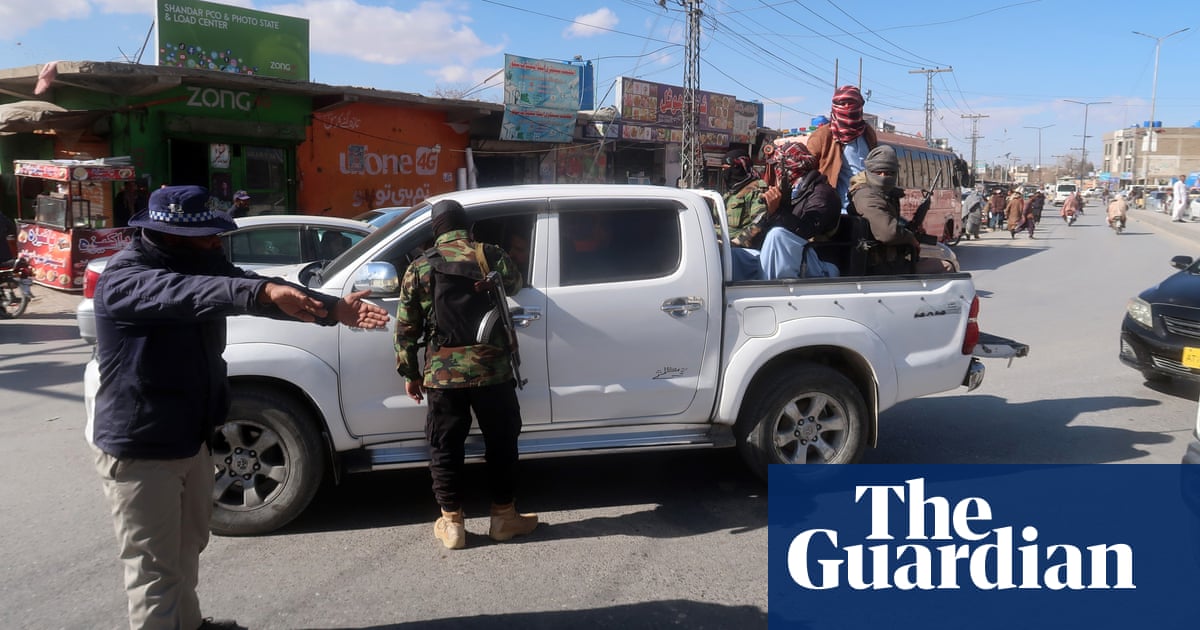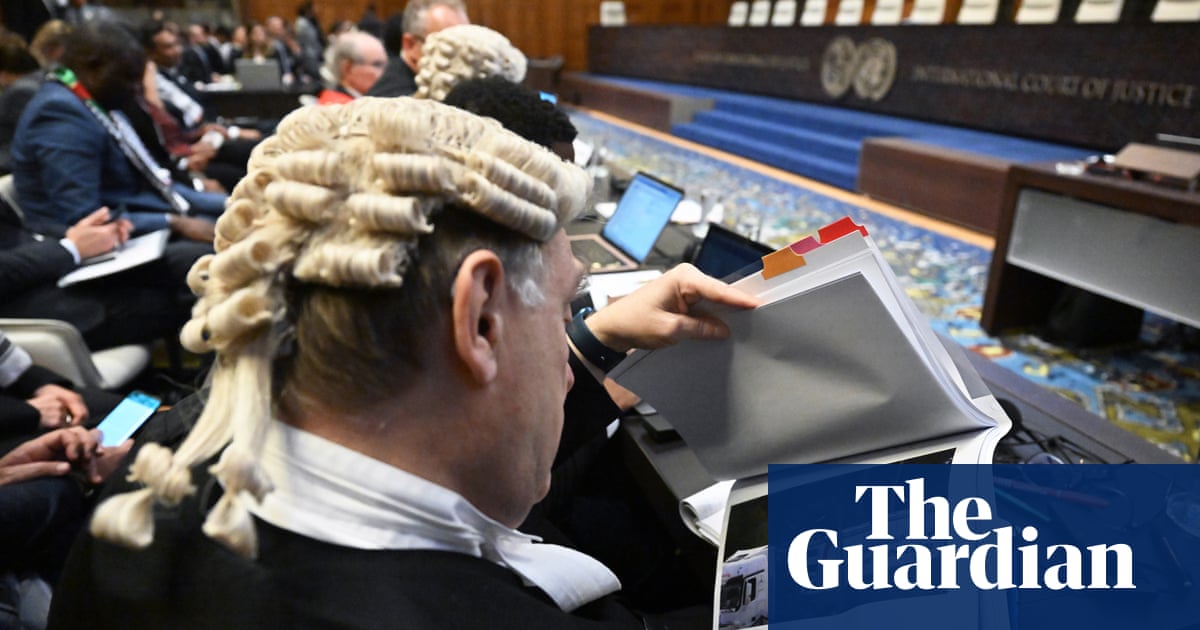
DELIVERED BY
Volker Türk, UN High Commissioner for Human Rights
AT
17th session of the Expert Mechanism on the Rights of Indigenous Peoples
Mr. President,
Members of the Expert Mechanism,
Representatives of Indigenous Peoples,
Excellencies,
Friends,
I am pleased to join you today, and to see Indigenous Peoples’ representatives and organizations here in large numbers and from all parts of the world.
The voices and experiences of Indigenous Peoples have been excluded and silenced for far too long. The global community has much to gain by listening to your experience and knowledge.
It is crucial to value and honour the knowledge and perspectives of Indigenous Peoples. To take just one example, ancestral scientific knowledge and sustainable practices remain critical to preserving the world’s biodiversity. Indigenous Peoples are estimated to have direct links to some 13 per cent of the Earth’s land surface, meaning that your experience and knowledge are indispensable to finding a path together through the triple planetary crisis.
Mr. President,
Since the United Nations Declaration on the Rights of Indigenous Peoples was adopted 17 years ago, it has influenced national policy and legal frameworks around the world.
Between 2007 and 2023, 791 judgments by constitutional and supreme courts in Latin America applied the Declaration in cases dealing with land rights, prior consultation, access to justice, education, and other issues. I always make a point in meeting with highest courts on country visits, and the rights of Indigenous Peoples is always part of the discussion.
This is a testament to the impact that international norms can have at national level.
And demonstrates the importance of the justiciability of rights.
Even as, regrettably, Indigenous Peoples continue to be denied the full enjoyment of their human rights, including the right to development.
Their traditional knowledge is often disregarded.
Their ancestral lands, territories, and resources are dispossessed or militarized contrary to Article 30 of the Declaration.
Indigenous Peoples and others, who are dependent on the land and environment for their livelihoods, face the reality of dying, depleted ecosystems. Indigenous Peoples I have met in countries around the world and last week here in Geneva with our fellowship programme have told me that this is happening at an alarming pace.
Indigenous Peoples who speak up and speak out also continue to face threats.
Data compiled by my Office shows that at least 42 Indigenous human rights defenders were killed in 2023 in 11 countries, most of them for defending the environment, their lands, territories, and resources.
This is almost certainly under-reported.
And they continue to face intimidation and reprisals for engaging with the United Nations.
This is unacceptable and must stop.
Colleagues,
A resounding message from last year’s commemoration of the 75th anniversary of the Universal Declaration of Human Rights was the need for more sustained efforts to ensure full respect for the rights of Indigenous Peoples.
This requires comprehensive reforms to laws, policies and processes -- a rethinking of how Indigenous Peoples are recognized and incorporated in the fabric of the State, alongside all other people and on mutually agreed and just terms, overcoming legacies of historical injustice.
This sort of systemic reform is crucial to help achieve the change that is needed.
As part of Human Rights 75, a light also was shone on the accountability deficit endured by Indigenous Peoples, including for environmental harms that they suffer.
Calls were made to ensure access to remedy for all violations of their individual and collective rights, including by businesses, in full respect of their customs, traditions and legal systems.
This includes investigation and prosecution of acts of discrimination and violence towards Indigenous Peoples.
I urge States to set up protection mechanism for Indigenous human rights defenders, and ensure full accountability when attempts are made to silence them.
We need further efforts to integrate customary law into plural legal systems.
Measures are also needed to ensure the increased – and safe – participation of Indigenous Peoples in all areas of public and political life.
This means more robust and consistent standards governing participation, inclusion, safety, as well as free, prior and informed consent for Indigenous Peoples, including for processes at the United Nations.
On this point, I note that the Human Rights Council will be discussing enhanced participation of Indigenous Peoples in its work next week. I encourage States to seize this opportunity to give Indigenous Peoples a stronger say in decisions that affect them.
In the context of Human Rights 75, 22 pledges were made on the human rights of Indigenous Peoples, concerning 19 different countries.
For instance, to pursue dialogue towards peaceful resolution of territorial claims of Indigenous communities.
To align all national laws with the Declaration on the Rights of Indigenous Peoples.
But also to continue supporting the United Nations Voluntary Fund for Indigenous Peoples.
These pledges represent concrete commitments to improve the human rights of Indigenous People, and I urge their implementation, in consultation with all relevant actors.
Mr. President,
Madam Chair,
The contributions and recommendations of this forum are an essential guide to help States uphold the rights of Indigenous Peoples.
I wish you all a successful session and look forward to seeing the outcomes, including your proposals to the Human Rights Council.











